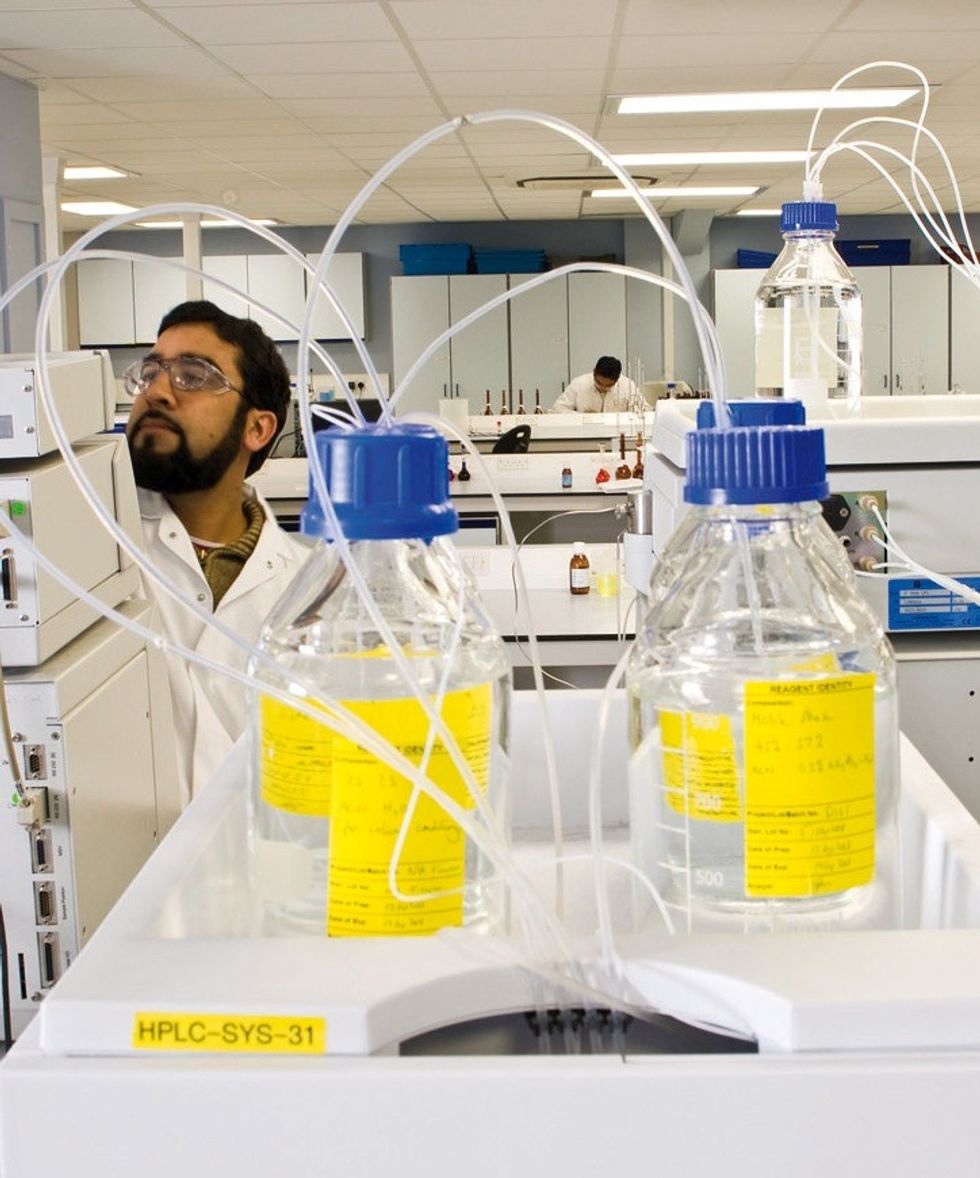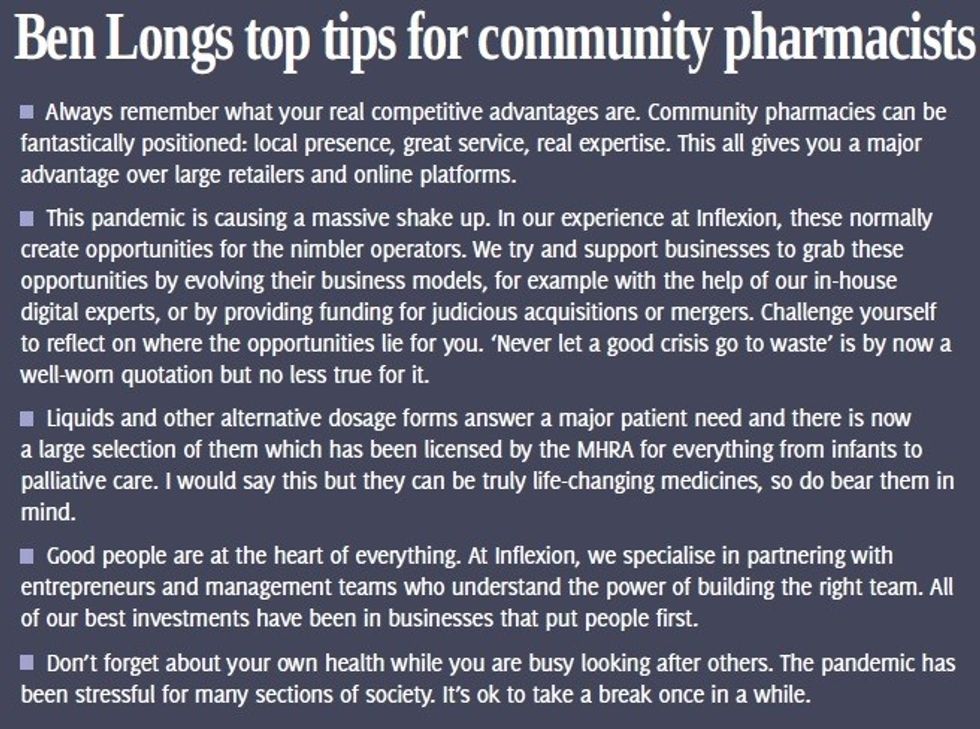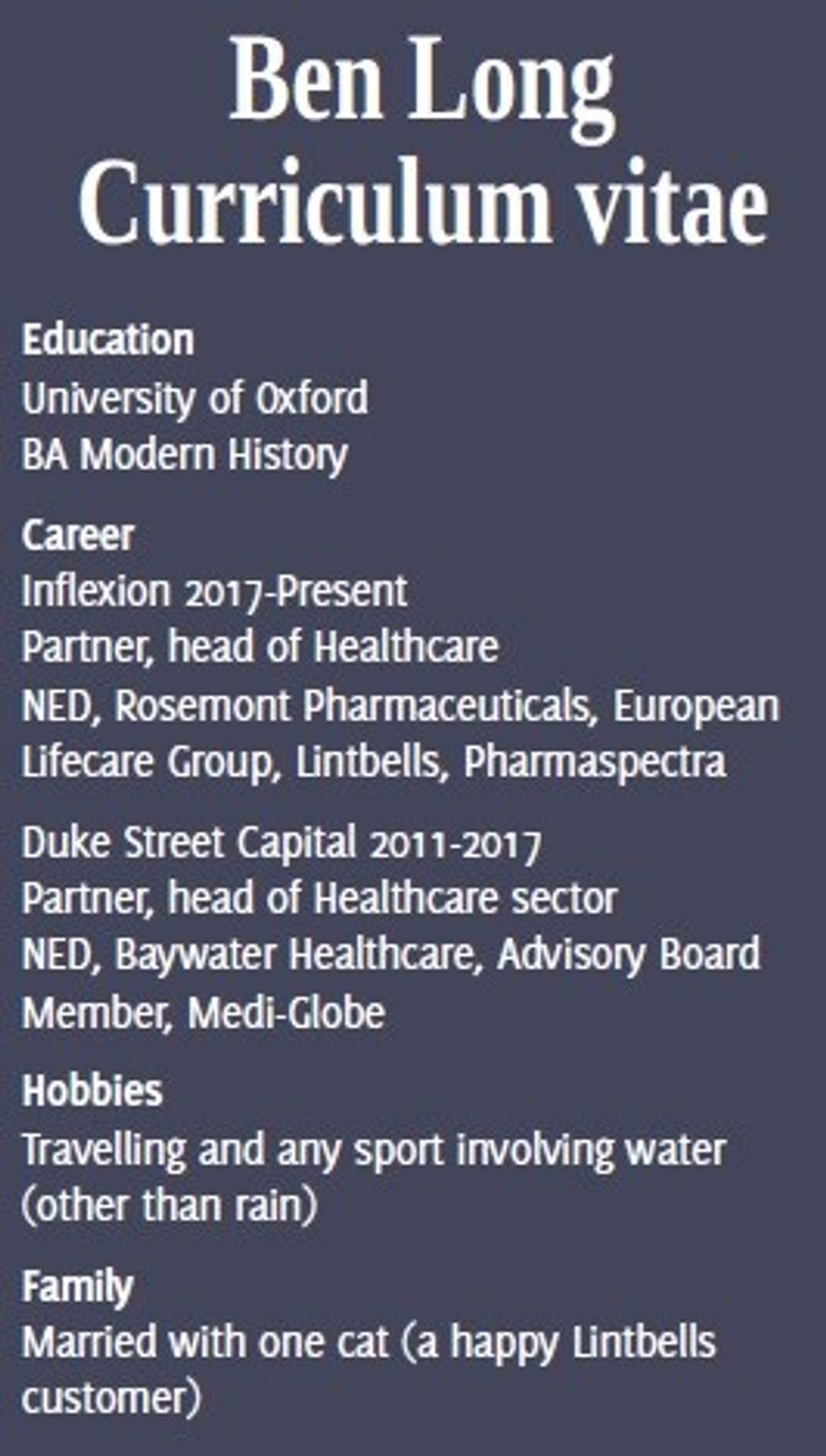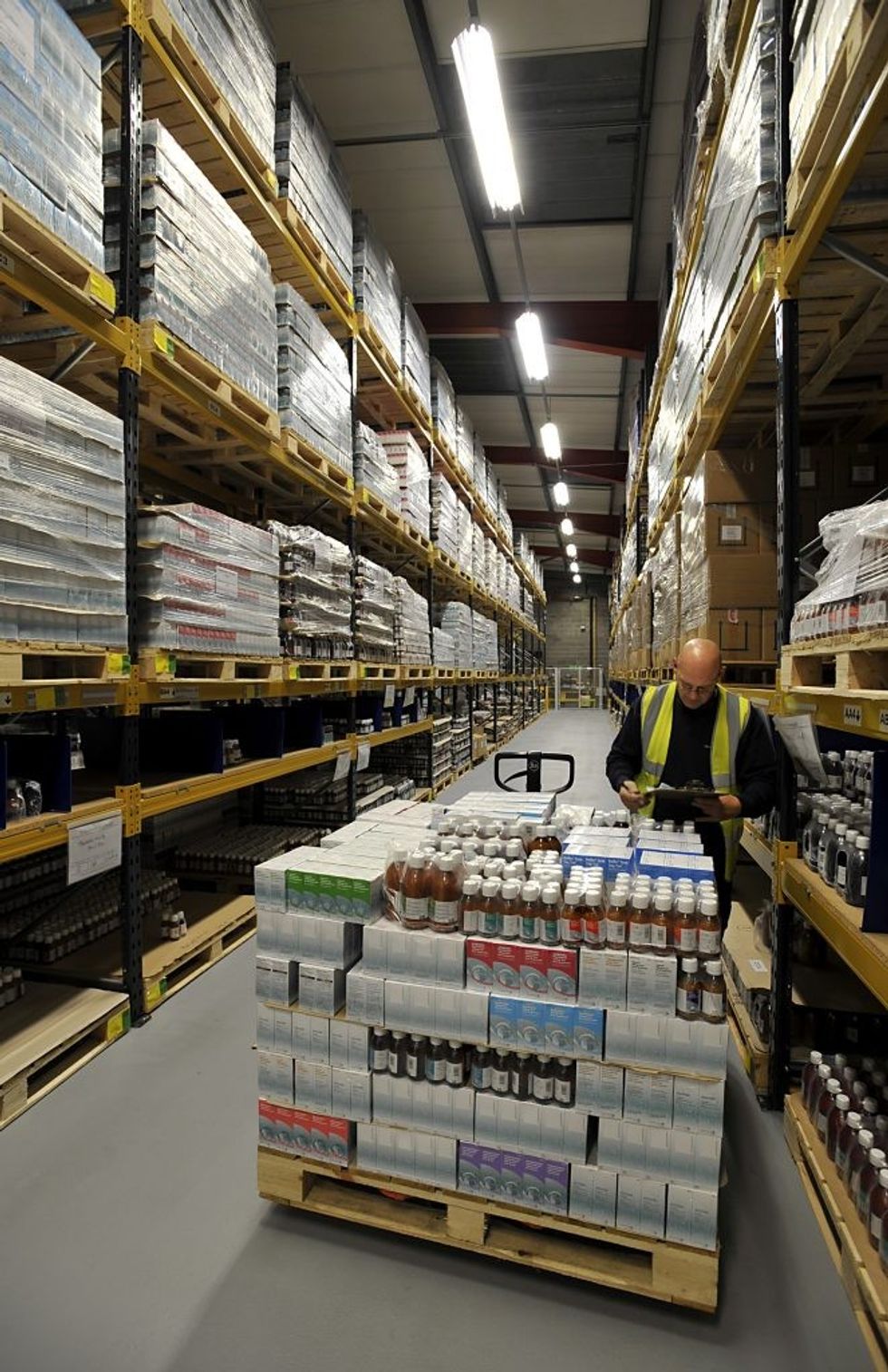In an exclusive interview with Pharmacy Business editor Priyankur Mandav, private equity investor Ben Long expands on his interest in pharmacy and reveals the strategic secrets of buying, capitalising and selling an investee company…
A top pharmaceutical company executive told me recently that the term ‘private equity’ evokes a sense of awe and fear in him. “These firms buy a share in a company, shake up the entire business structure, make a lot of money and leave- it’s beyond me to decipher how on earth they do all of it in the blink of an eye,” he said.
The community pharmacy sector has seen a moderate interest from private equity in recent years. After Juno Health acquired Ashchem Chemists- an independent group of 15 community pharmacies in the north of England- a private equity firm, Bregal Freshstream, saw enough potential to invest in the Milton Keynes-based healthcare company.
Two years later, Juno, with the new money in its coffers, acquired the entire Avicenna estate-all 21 of Avicenna’s pharmacies and its buying group operations which serve more than 1,000 members.
Most recently, in June 2020, another private equity firm, Inflexion, acquired Rosemont Pharmaceuticals, the UK’s leading liquid pharmaceuticals business.
The new cash allowed Rosemont to develop its business through increased investment in innovation and product development-operating as an independent entity.
As a partner at Inflexion, and head of healthcare, Ben Long is responsible for souring, evaluating and leading the firm’s investment opportunities and alternative asset investments. He led the Rosemont acquisition too, and he knows all about the strategic considerations that his PE firm makes before it decides to invest.
“We tend to identify the macro themes and the winners and the losers quite early on in the process, which is very often way before we approach an investee company,” Long said, outlining Inflexion’s modus operandi.
For him though ‘people’ come first, and healthcare-more broadly life sciences-has been a great pot to put money in because the quality of the people in the industry tends to be extremely high.
“I’ve been investing in the healthcare sector because the quality of the people in the sector is uniformly high. They tend to be smart, driven and are guided by an element of a mission, if I can call it that, because they want to deliver breakthrough therapies and help people in every possible way they can, such as via palliative care.
“The second thing is that there are interesting structural trends going on within healthcare – like the aging population and increasing penetration of therapies in emerging markets as middle classes expand and overall wealth grows. That means a lot of the businesses in the sector are going to benefit from attractive and fundamental growth drivers”.
Like any other PE firm, Inflexion’s mission is to invest in a company, create value during a period of approximately five years on average and then sell their share with the greatest capital gain possible- something it has been doing for 12 years now within the healthcare space.

Long is highly skilled at finding businesses that show clear growth potential in sales and profits over the next years. “Having five years’ worth of growth isn’t really what you need, you need 10-15 years of growth so that there’s that runway for the next investor as well.”
Then it come down to selling businesses, by finding buyers willing to pay a good price, for financial or strategic reasons, or by launching successful IPOs.
Inflexion, he said, develops an exit strategy for each business during the acquisition process itself. Assumptions about exit price are probably the most important factors in their valuations of targets, which are continually monitored after the deals close.
In 2015, the firm made a minority investment into CloserStill Media, the owners of the Pharmacy Show, and claimed a six fold increase in revenue in the three years of its investment before exit in 2018.
Inflexion claims to double headcount and generate 20 per cent year on year revenue growth from the companies it works with.
In Long’s investment decisions there are a few other considerations too. An investee company will need to show high rates of growth prospects as well as the potential to get a bigger market share in any segment and ideally it should have an ambitious but realistic business plan.
Since Inflexion doesn’t get directly involved in the day-to-day operations or management of the investee company, it appreciates a good management team in the business that can invest its money and grow.
“From an Inflexion perspective, it is very important to us that the people who are going to continue in the business, the management team, typically invest alongside us, because we want them to be able to show the courage of their convictions by investing alongside which is also a great form of alignment.
“Because the secret of private equity is probably to have a strategy where you only try and do a few things but do them really well and have a really strong alignment so that you know that if it works well, it works well for everyone.”
As the private equity market matures itself, the firms are looking for new sectors where they can put money to work because essentially, there is a lot of money coming into private equity. Pension funds need to generate returns for their investors and private equity firm tends to generate higher returns than the public markets do these days.
Long said although historically the UK might have suffered from a lack of access to that capital when compared to the US where they have had large specialist healthcare investors for a very long time, now a combination of government initiatives around trying to invest more in the life sciences industry as an engine for growth post Brexit plus the trend of more private capital to the sector is a net positive.
“If we can find a great business, like Rosemont, or any of the other six healthcare businesses we are partnering with right now, we would love it if they can use more of our capital. The hard bit is finding good businesses to invest in and then you just want them to use more of the money.”
In a nutshell, all Inflexion does is invest in high growth businesses and support them by providing capital in areas such as acquisitions or business development and new site rollouts. With international offices in India, China, Brazil and the US, the firm helps its portfolio companies export into those market, wherever there is a big market for their products or services.
“If Rosemont wants to expand into North America as the next strategic step, then we have an office there with people who understand how you manage local entities, who could potentially source acquisition opportunities and who can help navigate the local regulatory environment – all the nuts and bolts and hands on stuff, which is the management team here in the UK can use if they want to.”

Long recognises that Rosemont has a huge opportunity to increase its product portfolio and bring more liquid medicines to patients with swallowing difficulties via community pharmacy.
But is he worried that changing consumer behaviour triggered by the coronavirus pandemic could see community pharmacy customers pivot more towards online pharmacies?
Long’s answer is unequivocal: “I can’t see a scenario where community pharmacy becomes a thing of the past like your local bookstore.
“Essentially, what an online platform allows you Ben Long to do is offer a very large range without carrying too much inventory, therefore operate more efficiently and be able to distribute the scale as opposed to having a large number of doors.
“That’s fine in many categories. You’d be wrong to bet against Amazon but the role of community pharmacy is only partially in dispensation of scripts as there is obviously a strong advisory role.
“And increasingly, it’s clear from what the government has been doing that community pharmacy is seen as having a significant role in delivering services even though at the moment they are relatively limited.”
With support from Inflexion’s dedicated lower mid-market fund, one of its investee companies, European Life Care Group, last year acquired the UK-based travel medicine company CityDoc which runs a network of health clinics specialising in the provision of travel medicine and vaccinations. The deal included the acquisition of three London clinics and more than 150 franchised pharmacies.
Long said going by the sector’s involvement with the Covid-19 vaccination programme, the government and the NHS will be increasingly looking to the pharmacy to deliver all sorts of vaccinations.
“And that’s just the tip of the iceberg,” he said.
As community pharmacies are being involved in chronic conditions and a host of minor ailment services, Long doesn’t at all view them as purely shop windows for prescriptions or retail services.
“They’re almost an extension of the primary care system in the sense that these are highly qualified people that work in pharmacies. It’s just very different from what you’ve seen in other areas where Amazon has come in and really shaken the market up.”
He admits that there have been some significant changes in medicines reimbursement mechanism in the UK as the government tried to save as much as it can.
But he strongly believes that the “future for community pharmacy is actually more as much around delivery of healthcare as it is around dispensing scripts.”
Asked to expand on what exactly he meant by “delivery of healthcare”, he said: “I suppose the question you have to ask yourself is, how many of the services which are currently dispensed in either primary care or acute care channels really need to be in GP surgeries, when you have all of these community pharmacies well located to provide them instead?
“And at the same time, an acute shortage of GPs, which isn’t going away anytime soon following Brexit.
“From what I’ve seen discussed in the past, services around chronic conditions, maybe even aspects of dialysis and certainly patients that need to come in for routine treatment because they have chronic conditions could all come to community pharmacy.
“It’d be interesting to see how it pans out because it’s going to require some fairly big thinking by the government. But I can see the current crisis as being an accelerator for plans to have more spare capacity in the acute care system.
“We might even have less money going forward because the population is ageing, and GDP is not growing.”
The corollary of that is clear: perhaps a bit more efficiency in the use of acute care capacity in particular will mean bigger roles with primary care and bigger roles for community pharmacy in delivering more services.










